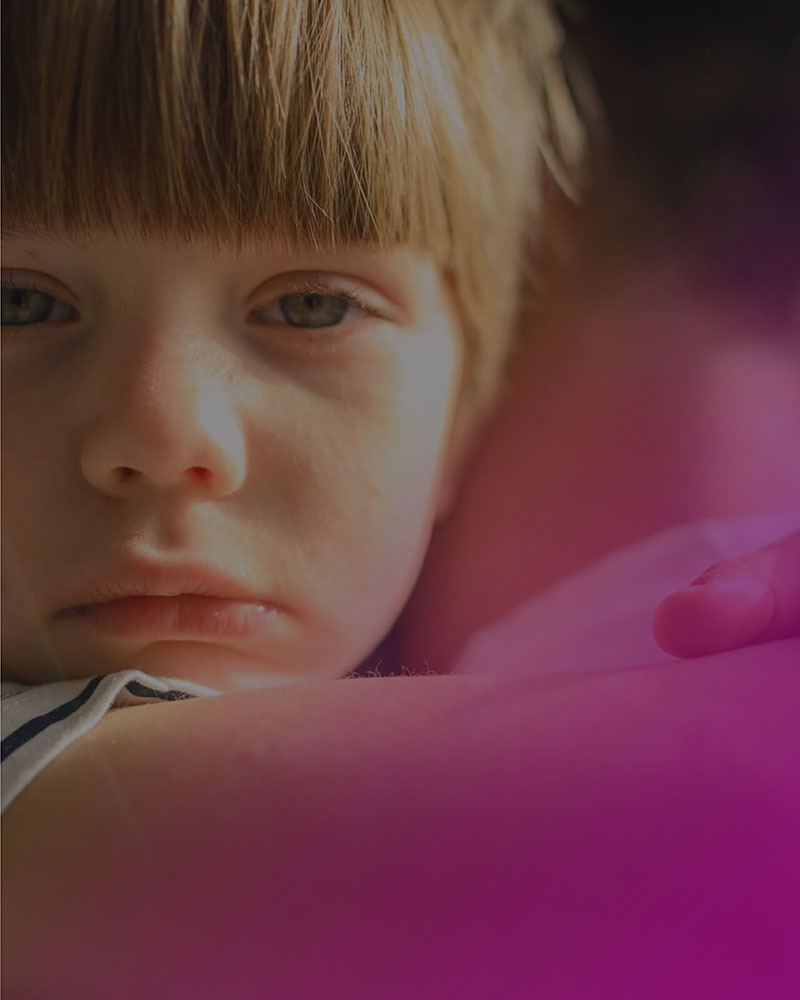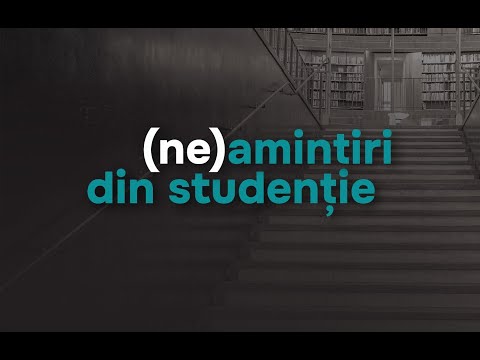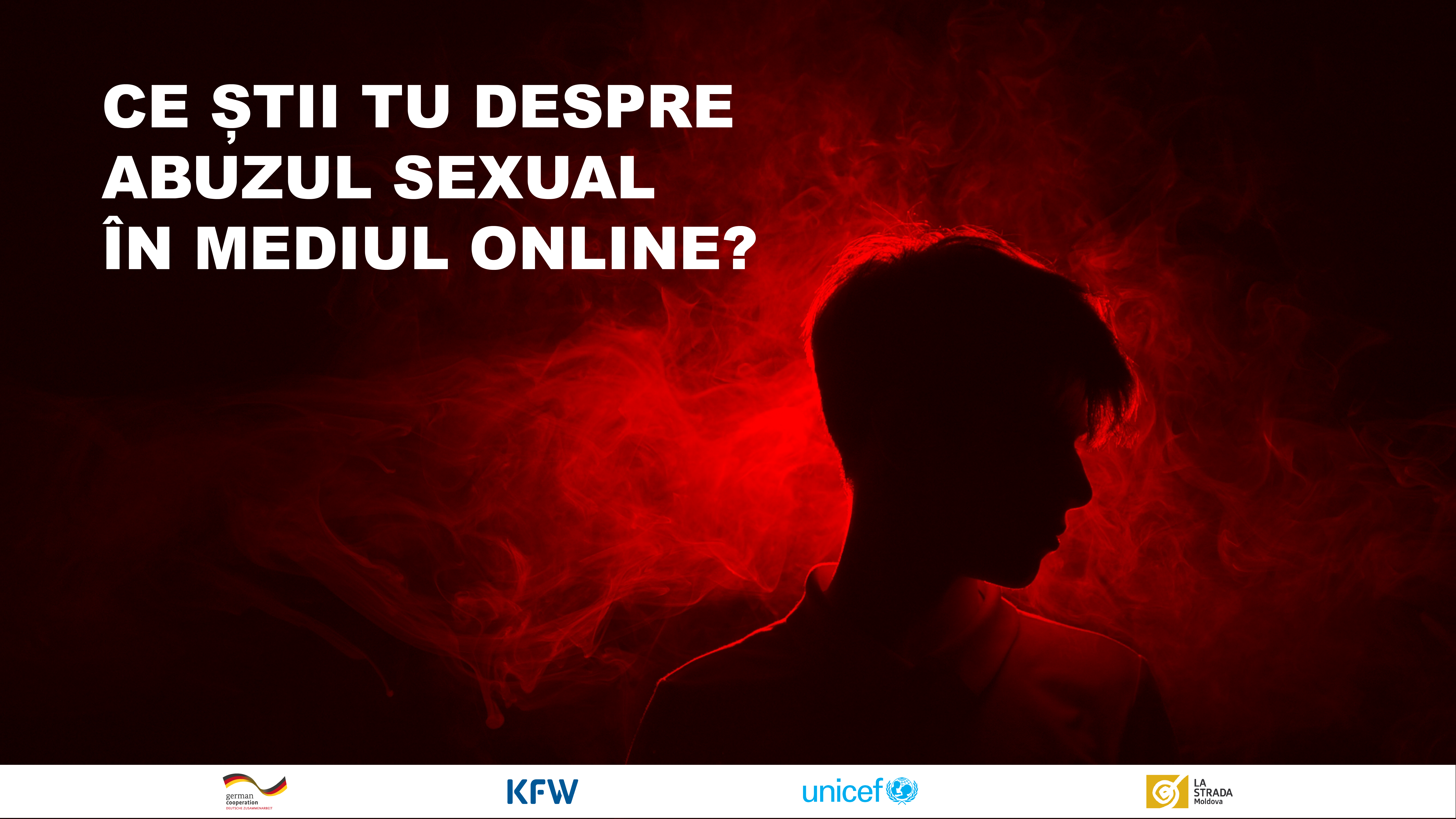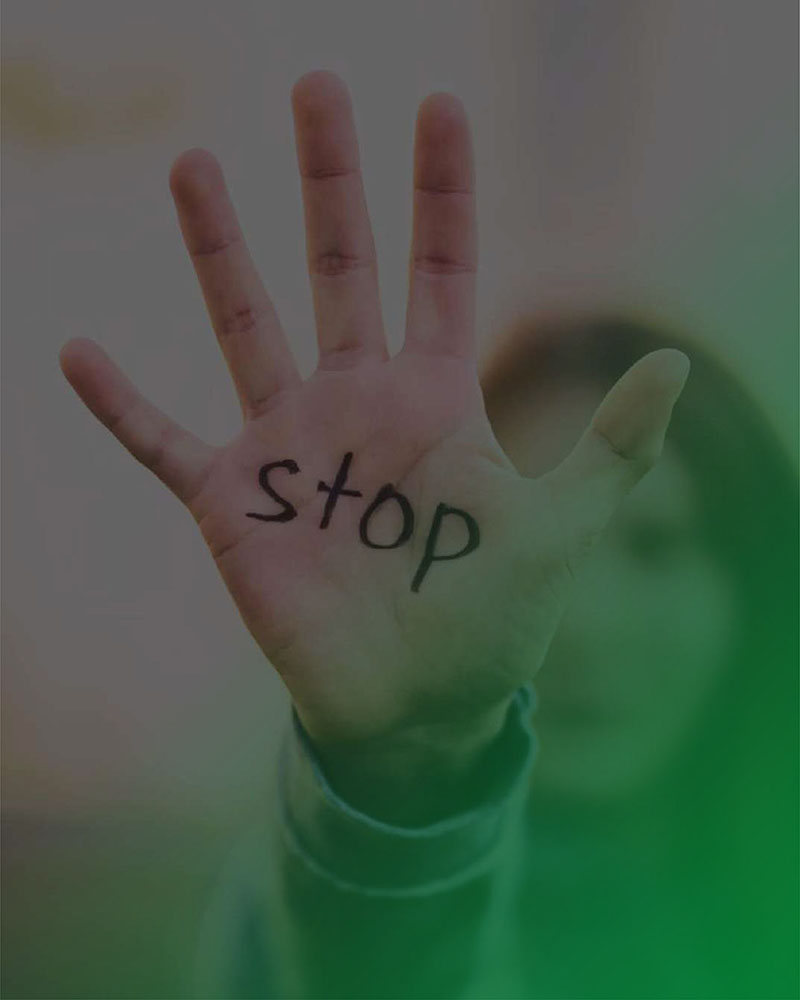
0
years of activity
0
victims of abuse, assisted by "La Strada" specialists
0
beneficiaries of support and counseling
0
research, studies and public policy analysis
0
professionals trained annually
Media
In the Republic of Moldova, the national campaign “Let’s Use AI Safely” was launched, dedicated to ensuring children’s online safety.
The International Center “La Strada,” in partnership with the Ministry of Labour and Social Protection, the Ministry of Education and Research, the Ministry of Economic Development and Digitalization, and the General Police Inspectorate, is launching the national campaign “Let’s Use Artificial Intelligence (AI) Safely!”, dedicated to Safer Internet Day 2026. The campaign will be carried out nationwide during February–March 2026 and aims to increase awareness and understanding of emerging online risks, particularly those associated with the use of artificial intelligence, as well as to promote open dialogue between parents and children about digital safety. The launch event will take place on February 6, 2026, at the Government building, through a press conference presenting the authorities’ priorities, the campaign objectives, and the planned activities. At the same time, the photo exhibition “Parents & Children in the Digital Age” will be inaugurated, highlighting intergenerational relationships in an increasingly connected world. Through powerful imagery, the exhibition explores how technology influences communication, education, play, and the boundaries between online and offline life. The exhibition will subsequently travel to several localities across the country. Present at the event, Natalia Plugaru, Minister of Labour and Social Protection, stated: “Protecting children in the digital environment is a priority for the Government and a shared responsibility of families, schools, and public institutions. In the context of the rapid development of artificial intelligence, it is essential to provide children not only with access to technology, but also with the skills to use it safely and responsibly. Through this campaign, we aim to strengthen prevention efforts, support parents and professionals working with children, and build a safer digital environment where the rights and well-being of every child are protected.” Valentina Olaru, State Secretary at the Ministry of Education and Research, emphasized that for the education system, artificial intelligence is not a topic of the future, but a present-day reality in schools. Children are already using it for learning, creativity, and communication, and this reality must be pedagogically harnessed. “Our priority is for schools to provide clear guidance: how to use artificial intelligence safely, but also as a tool to support learning, without replacing students’ critical thinking, autonomy, and responsibility. The Ministry of Education and Research will continue to develop policies, resources, and training to help students and teachers use and integrate these technologies in a balanced and educational manner. Today’s event seeks to strengthen awareness among all beneficiaries of the education system regarding the need for children to use artificial intelligence safely, ethically, and responsibly.” “In 2026, vulnerability no longer means lack of internet access, but using it to cause harm. With 40% of child abuse cases involving AI-generated content, the impact is real even when the images are synthetic. Our response must outpace the threat through education, clear standards, and intervention. Online safety is not optional; it is public infrastructure” said Michelle Iliev, State Secretary at the Ministry of Economic Development and Digitalization. “Today we are launching the national campaign ‘Let’s Use AI Safely’ to underline the Police’s commitment to protecting the digital safety of all citizens, especially young people, in all spaces, including the online environment. Artificial intelligence technologies offer enormous opportunities, but they can also create risks if not used responsibly. On Safer Internet Day, we call on everyone — children, parents, teachers, and the wider community — to understand these technologies, remain vigilant, and use digital tools safely. We stand alongside our partners — public authorities, educational communities, and civil society — to promote good practices, prevent abuse, and create a safe online environment for children, young people, and adults. Together, we can turn artificial intelligence into a useful, responsible, and safe tool for all. Together, we can have an open, useful, and above all safe internet for everyone” stated Alexandru Lupan, Deputy Head of the General Police Inspectorate. The Executive Director of the International Center “La Strada,” Elena Botezatu, declared that children’s online safety is a shared responsibility, and the data recorded confirms the need for firm and coordinated action. “At the national level, in 2025, the SigurOnline Hotline registered 147 reports concerning online child sexual abuse materials, of which 37% were generated with the help of artificial intelligence. These figures reflect not only the scale of a growing phenomenon, but also the urgency of strengthening prevention, education, and intervention efforts. Through the campaign ‘Let’s Use AI Safely,’ we aim to support parents, teachers, and children in understanding the risks associated with emerging technologies and to promote a culture of responsibility and protection in the digital space” emphasized Elena Botezatu. Through this campaign, the organizers aim to support the educational environment with resources on the safe use of artificial intelligence; increase parents’ and caregivers’ awareness of online risks, including deepfakes and privacy violations; promote the responsible and ethical use of AI by children and adolescents; and enhance the visibility of support and reporting mechanisms, such as the Child Helpline – 116 111 and the platform www.siguronline.md. The campaign agenda includes public events for parents and children, a video spot for parents, informative activities in educational institutions nationwide, educational programs dedicated to the responsible use of technologies, national student competitions, and an extensive media awareness campaign. Data from an international study conducted by the organization Thorn show that one in ten children knows someone who has used artificial intelligence tools to generate nude images of other children. The consequences of this phenomenon are severe: although the materials are fake, the trauma experienced by victims is real. Affected children face deep emotional harm, including anxiety, social isolation, harassment, and long-term reputational damage. These trends represent a challenge for educational institutions, which must adapt policies and educational programs to keep pace with the rapid evolution of technology. The results of a survey conducted among teachers nationwide indicate that 88% of participating children use artificial intelligence, and 61% use AI daily or several times per week. Additionally, one in three children uses AI to create images or videos; every second child uses AI to complete homework assignments; and one in four children uses AI to discuss personal matters. These topics include health-related questions, relationships with parents, intimate subjects, or seeking advice during moments of sadness or depressive states. 81% of children who used AI stated that the responses they received were helpful. We recall that each year, on the second Tuesday of February, Safer Internet Day (SID) is marked globally under the theme “Together for a Better Internet.” Since 2017, the International Center “La Strada” has represented the SID Committee in Moldova and annually coordinates, in partnership with relevant authorities, activities aimed at informing and raising awareness about various aspects of children’s online safety. Moreover, since 2020, the International Center “La Strada” has become a member association of the European Safer Internet Centre+ program. Funded by the European Commission, the program brings together organizations with similar missions to promote child protection online through awareness-raising and information activities, support services for children and parents regarding online risks, child participation initiatives, and hotline services for reporting child sexual abuse materials. In the Republic of Moldova, all these services are provided through the platform www.siguronline.md, which since April 2023 has integrated an option for reporting child sexual abuse materials, internationally accredited by the global INHOPE network. The campaign “Let’s Use AI Safely” is organized by the International Center “La Strada” in coordination with the Ministry of Labour and Social Protection, the Ministry of Education and Research, the Ministry of Economic Development and Digitalization, and the General Police Inspectorate, with the support of the Global Partnership to End Violence Against Children Fund – Safe Online. The media partner of the campaign is the platform www.suntparinte.md. For further information, please contact: International Center “La Strada” Phone: +373 79 454 344, Elena Căpățînă, Communications Officer E-mail: comunicare@lastrada.md Web: www.lastrada.md
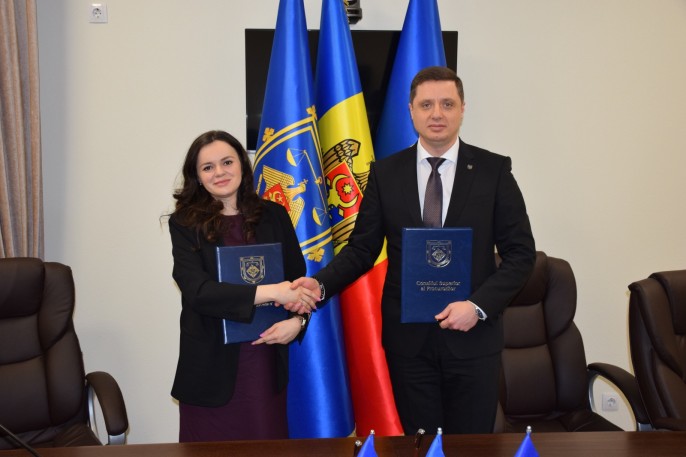
Translation into English: The International Center “La Strada” and the Superior Council of Prosecutors have signed a Cooperation Agreement.
The International Center “La Strada” and the Superior Council of Prosecutors (SCP) signed a Cooperation Agreement on 3 February 2026, establishing a sustainable and predictable framework for cooperation aimed at strengthening an efficient, independent, and human-rights-sensitive justice system. The document aims to facilitate, through partnership, information, professional training, and research initiatives relevant to the work of prosecutors and to the mission of the International Center “La Strada”, with a focus on the protection of the rights of women and children, the prevention and combating of human trafficking, sexual violence, child abuse and sexual exploitation, including crimes committed through the use of information and communication technologies. During the signing ceremony, the Executive Director of the International Center “La Strada”, Elena Botezatu, emphasized that the partnership established with the Superior Council of Prosecutors represents an important step toward strengthening the institutional response in cases involving violence and exploitation. Civil society expertise, combined with the openness of justice system institutions, can generate real change in how the rights of women and children are protected. “This collaboration reflects the commitment of the Superior Council of Prosecutors to support the strengthening of prosecutors’ professional competencies and to promote a justice system that responds adequately to current challenges, particularly in sensitive cases involving the fundamental rights of victims” stated the President of the Superior Council of Prosecutors, Dumitru Obadă. Under this Agreement, the parties will cooperate in conducting thematic studies and analyses, organizing training activities and professional dialogue, developing and disseminating practical guides and policy briefs, as well as promoting the professional well-being of prosecutors, including through activities aimed at preventing secondary trauma and professional burnout. The document enters into force on the date of signing and reflects the commitment of the International Center “La Strada” and the Superior Council of Prosecutors to contribute, through expertise and coordinated actions, to strengthening institutional capacities and promoting human rights in the Republic of Moldova.
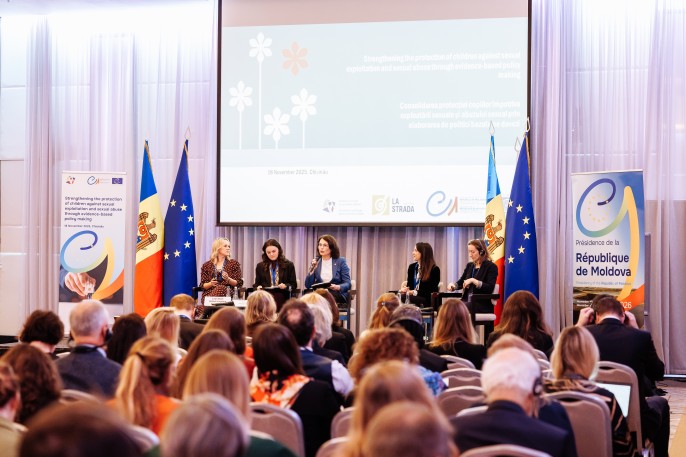
The International Conference on the Protection of Children against Exploitation and Sexual Abuse is taking place in Chișinău
On 18 November, the Council of Europe Office in Chișinău, the Ministry of Internal Affairs, and the Ministry of Labour and Social Protection, in partnership with the International Center La Strada, organized the International Conference “Strengthening the Protection of Children against Exploitation and Sexual Abuse through Evidence-Based Policy Making.” The event marked the European Day on the Protection of Children against Sexual Exploitation and Sexual Abuse, launched in 2015 by the Council of Europe to raise public awareness and highlight the importance of preventing this crime, prosecuting offenders, and protecting victims of sexual abuse and exploitation. Organized under the auspices of the Presidency of the Republic of Moldova of the Committee of Ministers of the Council of Europe, the conference brought together senior officials, international experts, and practitioners to discuss how data and evidence can lead to more sustainable child protection policies against exploitation and sexual abuse. Elena Botezatu, Executive Director of the International Center La Strada, moderated the thematic panel “Evidence-Based Policy Making.” Together with international experts, she defined the concept of evidence-based policies, examined what types of data are needed, and how states implement this approach in practice. According to Elena Botezatu, evidence-based policies are the only way to transform identified problems into effective solutions. Data provide not only a realistic picture of phenomena but also the direction in which action must be taken to achieve sustainable and responsible results. The conference included thematic sessions, interactive workshops, and discussions on leveraging data from child protection services, involving survivors in policy development, and strengthening international cooperation to prevent reoffending abroad. Participants were also addressed by the Minister of Internal Affairs of the Republic of Moldova, Daniella Misail-Nichitin; the Minister of Labour and Social Protection, Natalia Plugaru; the Head of the Children’s Rights Division of the Council of Europe, Agnes von Maravić; and the Head of the Council of Europe Office in Chișinău, Falk Lange.
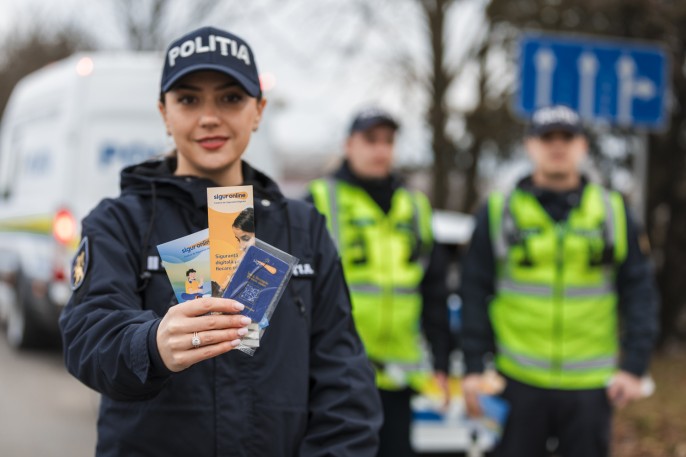
Operation “SafeOnline with the Police” – drivers informed about children’s online safety
As part of the national awareness campaign “Digital Safety for Every Child!”, the Digital Safety Center, in partnership with the General Police Inspectorate, launched today the information initiative “SafeOnline with the Police.” Under this operation, teams from the National Public Security Inspectorate (INSP) stop drivers in traffic to provide messages of responsibility and useful resources on how to protect children in the digital space. Drivers receive informational leaflets for parents, bookmarks, and car air fresheners with key messages about children’s online safety, ranging from responsible internet use to reporting abusive content. The goal of the initiative is to raise awareness among parents, grandparents, and caregivers about the risks of the digital world and to remind them of their role in guiding children toward safe and responsible online behavior. The national campaign “Digital Safety for Every Child!” is organized by the International Center “La Strada” through the Digital Safety Center, in partnership with the Ministry of Labor and Social Protection, Ministry of Education and Research, Ministry of Economic Development and Digitalization, Ministry of Internal Affairs, Ministry of Health, the General Police Inspectorate, and the International Organization for Migration (IOM), with support from the Global Partnership Fund to Stop Violence Against Children – Safe Online. The campaign aims to promote the only specialized service in the Republic of Moldova dedicated to managing digital risks for children and youth – www.siguronline.md – as well as the free telephone assistance service for children 116 111 (www.telefonulcopilului.md). According to data from the Digital Safety Center, in the first half of 2025 alone, there were: 237 reports on the platform www.siguronline.md regarding various online challenges faced by children; 1,246 reports of child sexual abuse material (CSAM) hosted on servers in the country; and 2,105 illegal materials removed in partnership with the police and service providers, of which one in three involved severe content depicting children under 13. Among the most alarming trends are the rise of cyberbullying, the decreasing age of children involved in abusive materials, the sharing of intimate images for defamation, and parents’ lack of awareness about setting healthy boundaries for technology use. The “Digital Safety for Every Child!” campaign runs from September to November 2025 and includes activities in schools, public awareness spots, training sessions for parents and professionals, and distribution of educational materials in bookstores, youth-friendly centers, and healthcare institutions. Through these initiatives, partners aim to strengthen a culture of digital safety among children, parents, and professionals, contributing to a safer and more responsible online society.

